Growing up poor meant more than just not having enough money. It meant living in poverty, where every meal was uncertain and every winter felt like a fight for warmth. It meant being raised in poverty and learning to stay silent about it, always worried about being judged or getting in trouble. Coming from a low-income background shaped how these kids saw themselves and the world around them. Experiencing financial struggle as a kid wasn’t just about missing out on toys or treats. It was about learning to survive each day with little and finding small joys wherever they could. Living in hardship during childhood taught them to be resourceful, to take pride in every little victory, and to carry those lessons into adulthood.
Food Wasn’t Guaranteed

For kids living in poverty, food was never certain. Meals meant elbow noodles with canned tomatoes or sometimes just water to fill an empty stomach. Ice cubes became a treat when the fridge was bare. Visiting a friend’s house was like stepping into another world where pizza pops and brand-name snacks seemed unreal. At home, meals weren’t about taste or variety. They were about getting enough to make it through the day. These stories show how growing up poor meant always wondering where the next meal would come from.
Cold Mornings and Wood Stoves
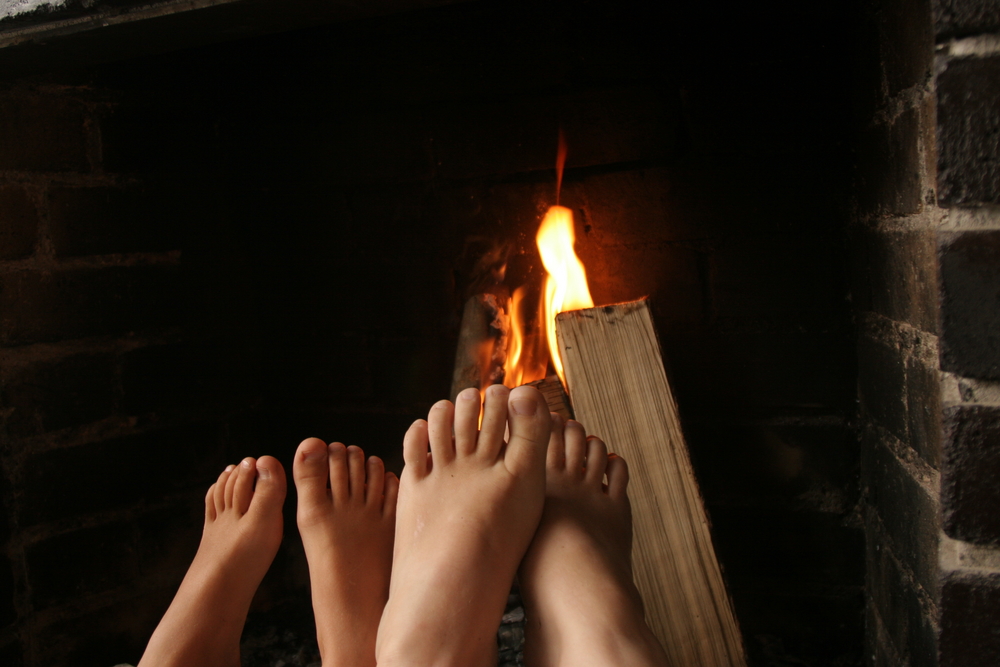
Cold mornings were a harsh reality for families experiencing financial struggle as a kid. Gas bills didn’t get paid, so wood stoves were the only heat source. Kids woke up to frozen bedrooms and waited for someone to start the fire. They learned to keep it going all day, feeding it with scraps of wood and endless effort. Warmth wasn’t comfort, it was survival. These memories of cold mornings shaped how they saw home and taught them to value every bit of warmth they could find.
Wearing Hand-Me-Downs
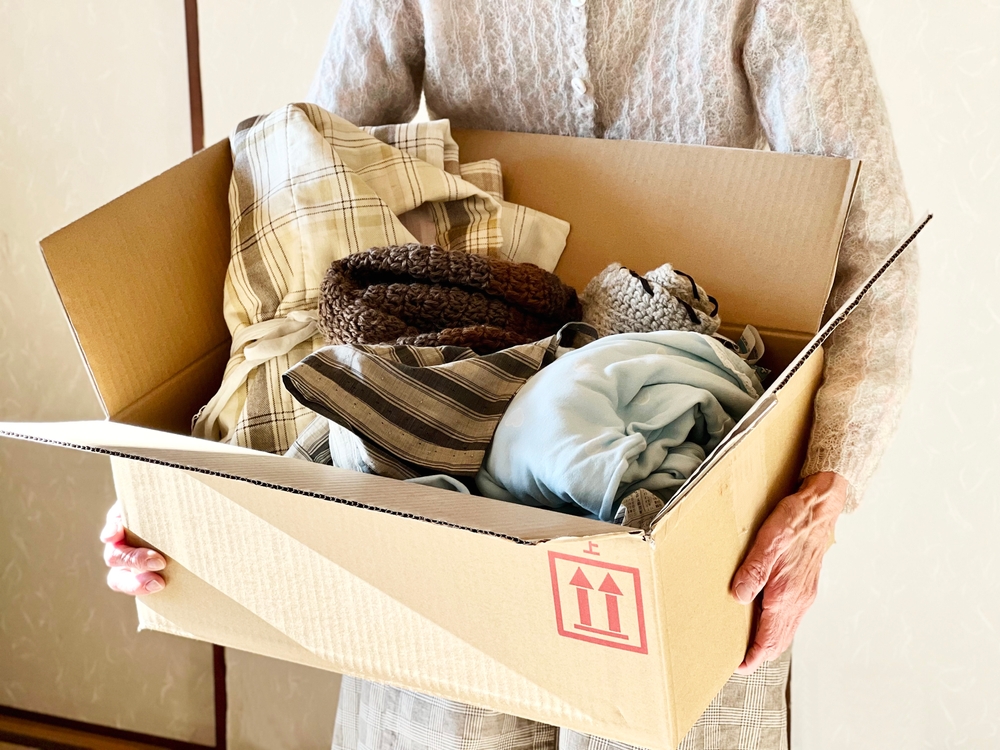
Clothes came from neighbors, thrift shops, or older kids. Growing up poor meant never having anything new. Shoes were second-hand and often worn out. Some kids wore steel-toe boots to school because it was all they had. Patches and stitches kept old clothes going another season. It wasn’t about style. It was about having something to cover up and stay warm. Living in hardship during childhood taught them how to make things last and how to be grateful for every piece of clothing they had.
Working Instead of Playing
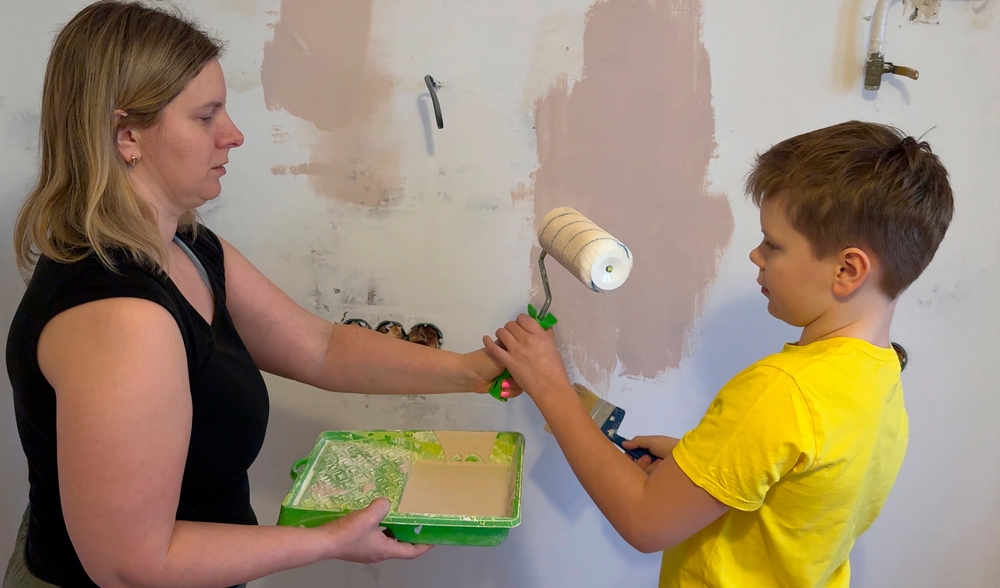
Summer wasn’t about fun. It was about working to help the family. Many kids spent those months ripping up carpet or babysitting younger siblings. They didn’t get paid, they worked because they had to. Childhood became about earning a roof over their heads and food on the table. These stories show that for kids raised in poverty, work started young. Those early lessons taught them the value of a dollar and the importance of pitching in to help their families survive.
Keeping Poverty a Secret
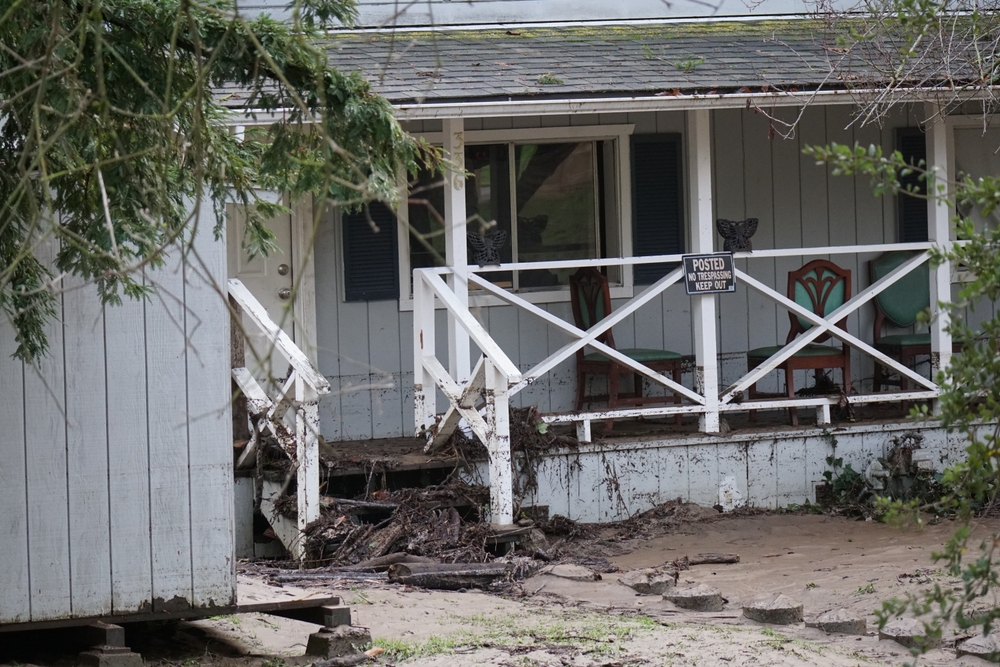
Kids learned early to keep their struggles to themselves. Parents warned them not to talk about empty fridges or cold nights. Don’t invite friends over. Don’t let anyone see how bad things really were. That silence weighed heavy, leaving deep scars that lasted into adulthood. It wasn’t just about hiding hunger. It was about hiding who they were. These stories remind us that growing up poor often meant carrying secrets and learning to keep them buried, even from your closest friends.
Read More: Parents Who Grew Up in the 70’s and 80’s Remember Experiences That Blow Their Kids’ Minds.
Making Do with What’s Left

Nothing ever went to waste. Kids turned leftovers into meals and picked up fallen potatoes from the roadside to feed the family. Old vegetables became soups, bread crusts turned into croutons, and even scraps found a use. It wasn’t about choice, it was about survival. These stories show how coming from a low-income background taught kids to be resourceful and find value in what others would throw away. That skill of making do became a part of who they were.
Health and Hygiene Challenges

Dental visits and doctor appointments were out of reach for many. Kids used laundry soap to wash their hair and shared one bar of soap for the whole family. One child saved his only good pair of socks for special days, then passed them down to a cousin. Staying clean wasn’t about looking nice. It was about dignity in a world that didn’t always care. These stories reveal how living in hardship during childhood meant doing whatever it took to stay healthy with the little they had.
Holidays with “Pity Presents”

Holidays were a tough reminder of what they didn’t have. Some kids got one small gift, if that. Others opened shampoo bottles or socks wrapped as presents and pretended to be happy. Watching classmates get piles of gifts was a painful reality check. But even small gifts felt special. These “pity presents” showed someone cared, even if it didn’t fix the bigger problems. They remind us that growing up poor meant learning to find joy in small acts of kindness.
Stretching Every Dollar

Every dollar had to stretch as far as possible. Toothpaste had to last for months. Clothes were patched and repurposed. Kids learned how to find bargains and how to make everything last. They carried those lessons into adulthood, where being careful with money became second nature. Even today, they still know how to save and make do with what they have. Growing up poor meant becoming experts at making every cent count because there was never enough to spare, and learning to appreciate every small gain.
Resourcefulness Was Survival
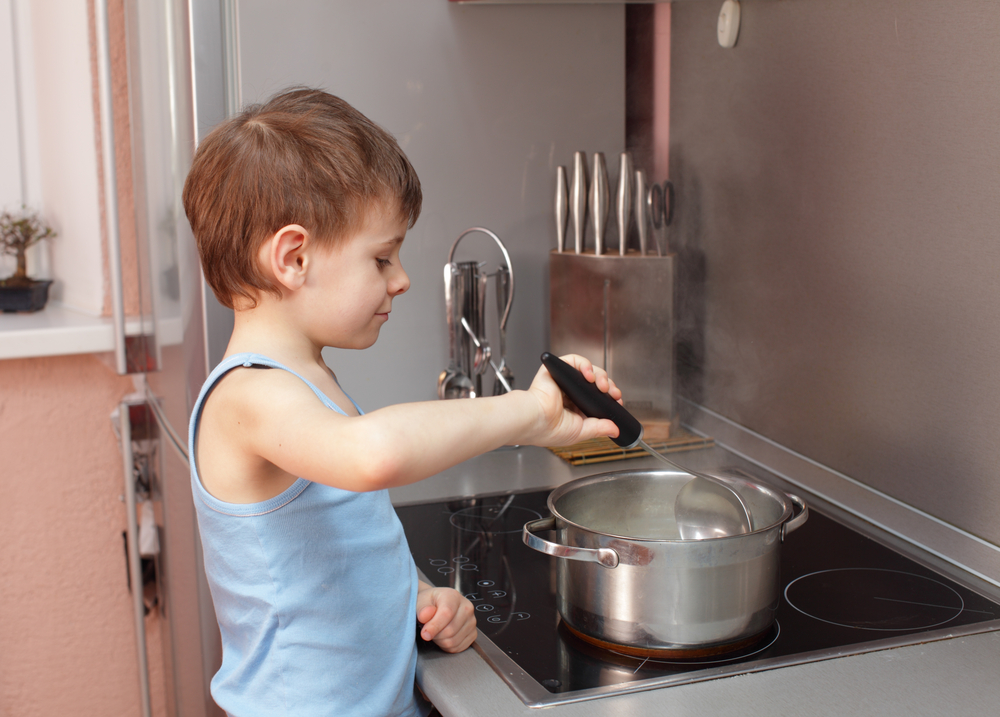
Resourcefulness wasn’t a choice; it was a necessity. Kids learned to cook from scraps, sew up torn clothes, and find odd jobs to help the family. Some learned to fix cars or trade what they had to get what they needed. It wasn’t about being crafty; it was about survival in a world that didn’t make it easy. These skills became lifelong tools, reminding them that even when things seem impossible, they can always find a way forward and keep moving ahead.
The Weight of Hunger
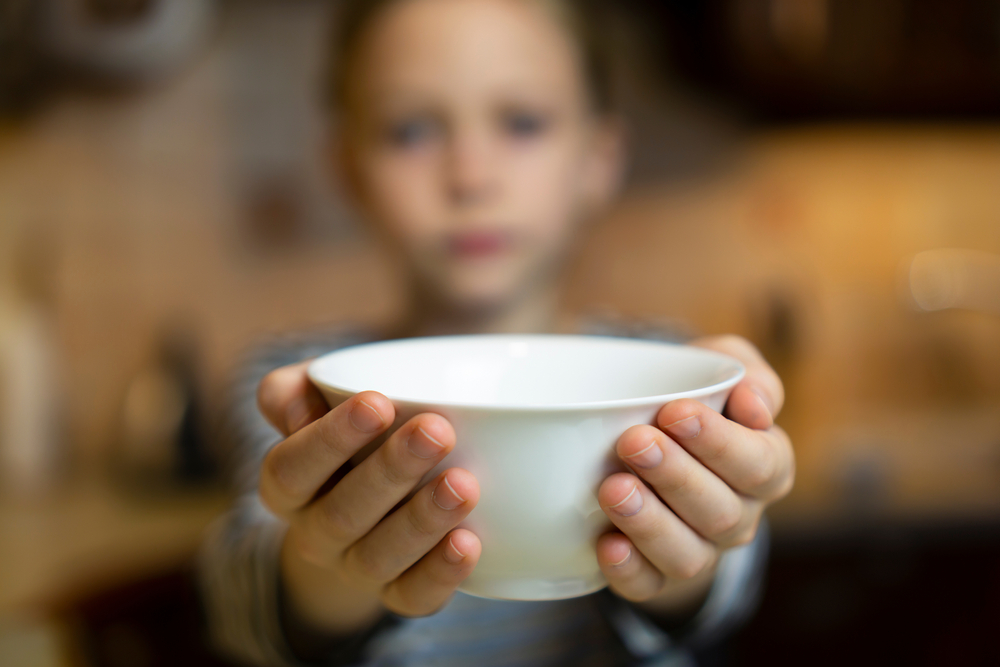
Hunger wasn’t just a growling stomach; it was an ache that never went away, a constant reminder of what was missing. Some kids worked late in the fields and missed school breakfast the next day. Others felt guilty for even thinking about food when there wasn’t enough to go around. Hunger shaped their lives in deep ways, teaching them to be strong and resourceful. These stories show how growing up poor meant facing a pain that stuck with them, guiding them through every meal they share today.
Surviving Without Comforts
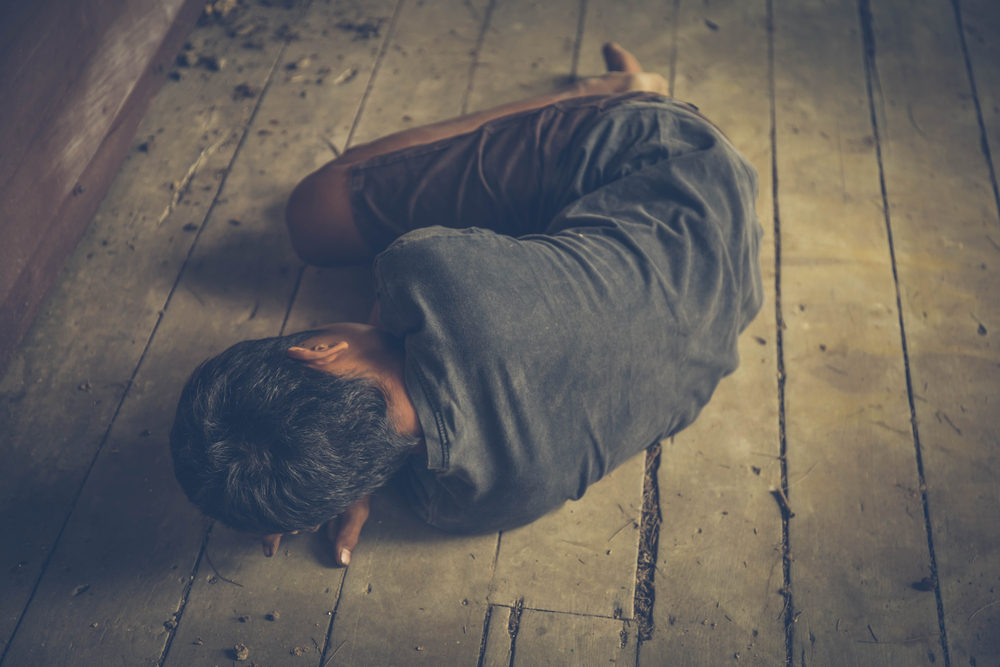
Many kids never knew what a warm, safe home felt like. Electricity was never guaranteed, and even basic comforts like a hot shower were rare. Some lived in drafty porches or had no kitchen sink, washing dishes in the bathtub. They learned to find comfort in small things, a borrowed blanket or a warm school lunch. Coming from a low-income background taught them to be tough and to see value in every small comfort. Now, they carry those lessons into how they live and care for their families.
Read More: 5 Things I Learned Growing Up As A Girl (That I Shouldn’t Have Had To)
Hard Lessons in Trust

Trust didn’t come easily in families struggling with poverty. Some kids watched their parents take out loans in their names and never repay them, leaving them with bad credit before they even turned eighteen. Others learned never to ask for help because it meant being a burden. They grew up believing they had to do everything alone and to protect what little they had. These lessons shaped how they built relationships and how they handled money, always wary but always moving forward.
Pride and Identity

Poverty wasn’t just about what they didn’t have, it was about who they became. Some took pride in how they survived, seeing it as proof of their strength. Others felt the weight of shame and secrecy, afraid to share their past. They saw how poverty divided people, creating barriers even between friends. Yet, they also saw how it taught them to work harder and to be more understanding. Growing up poor gave them a reason to keep fighting, to build something better for themselves and their kids.
Finding Strength in the Struggle

Despite the pain, these stories show incredible strength and determination. Kids who grew up poor learned how to survive in a world that didn’t always make it easy. They worked hard, found joy in small victories, and learned to make a little go a long way. As adults, they carry those lessons with them. They remember the cold mornings, the empty fridges, and the long nights. They use those memories to build a better life for themselves and their families, always remembering where they came from and how much they overcame.
Listening and Learning
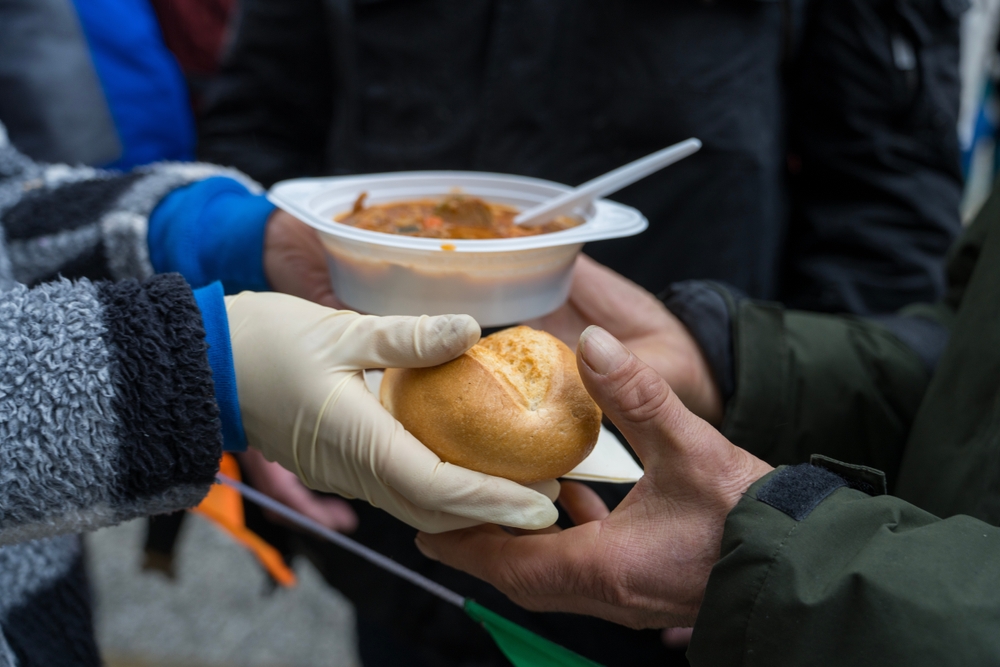
These stories remind us that poverty isn’t just about money, it’s about what it does to your heart and your hope. They teach us to be kind and to help where we can. Growing up poor left lifelong marks, but it also created lifelong strength. By listening and learning, we can build a world that sees everyone’s struggles and lifts each other up.
Read More: What Growing Up as an Only Child Reveals About Your Personality

